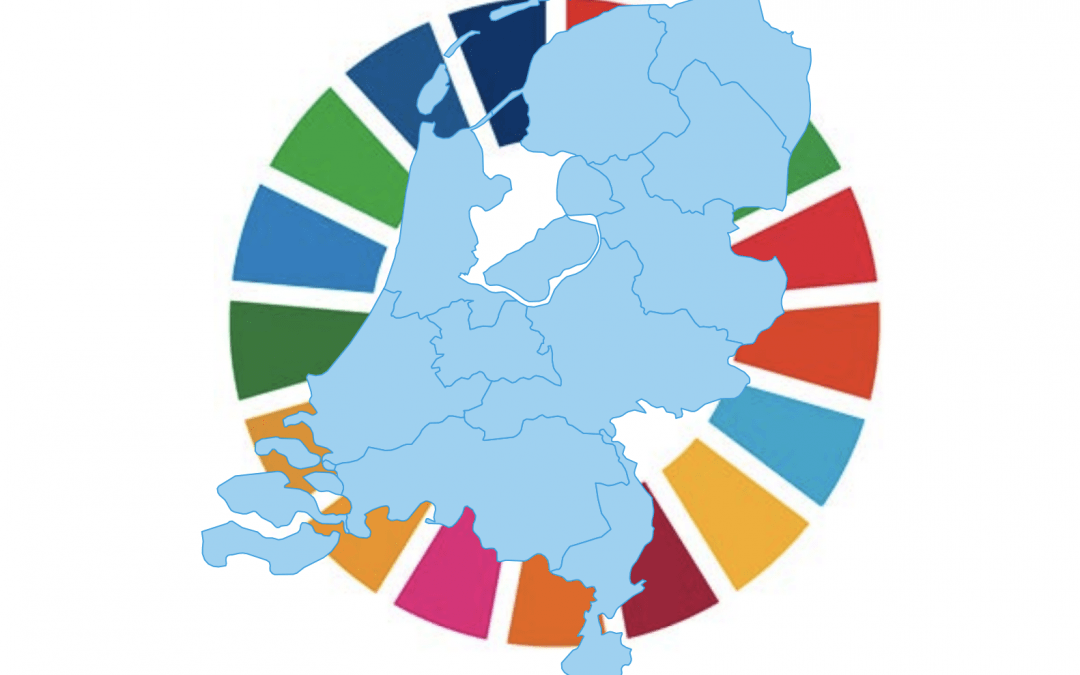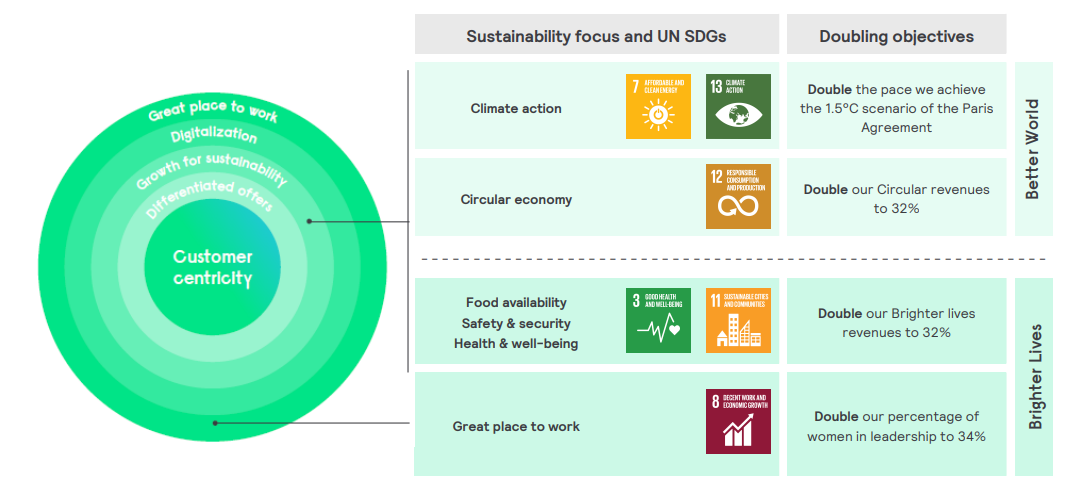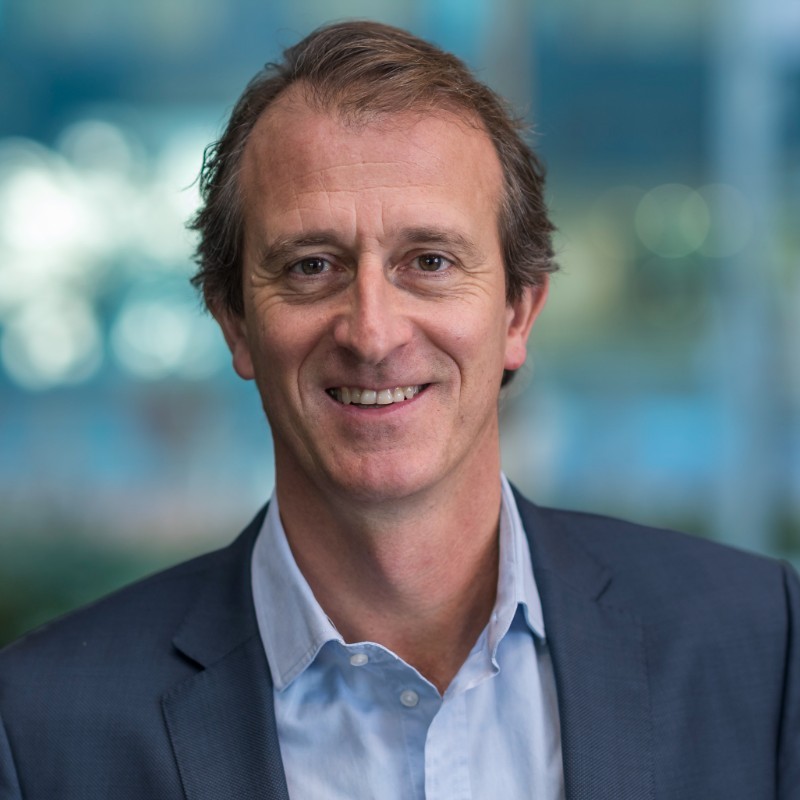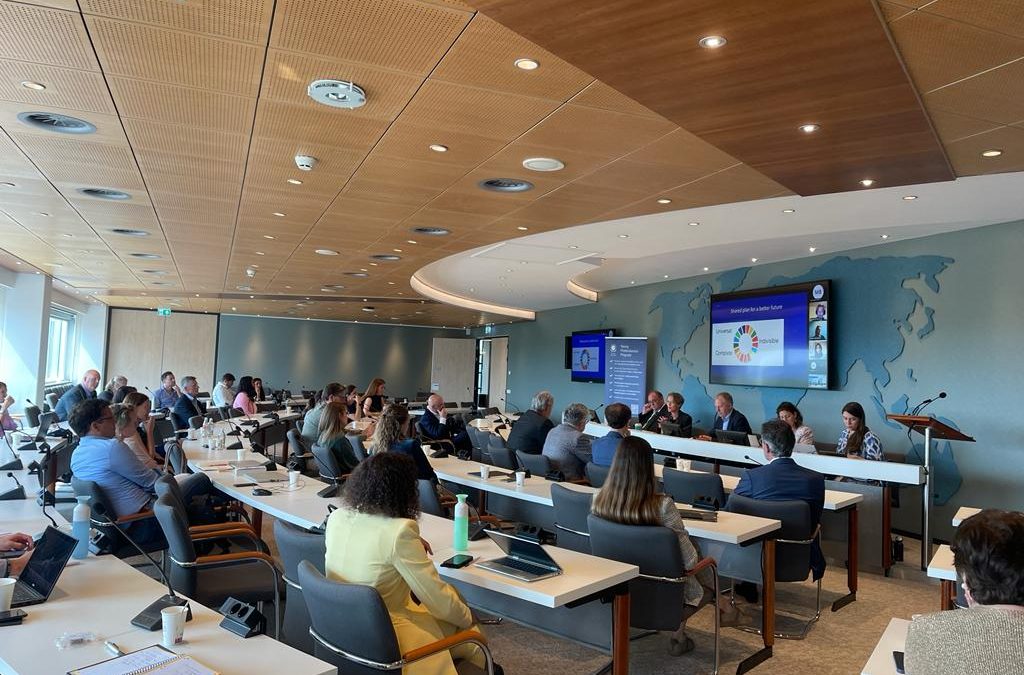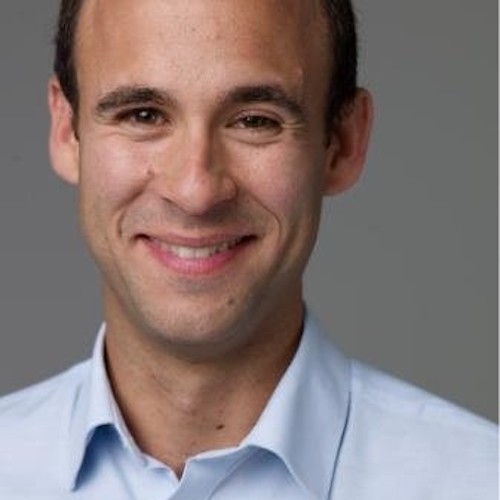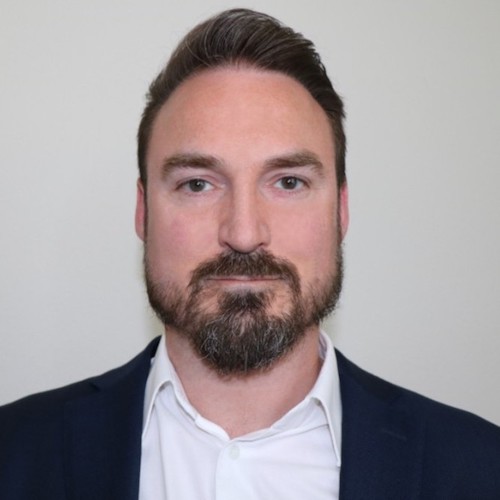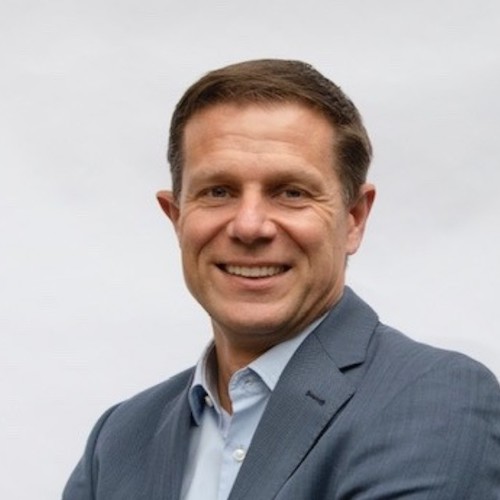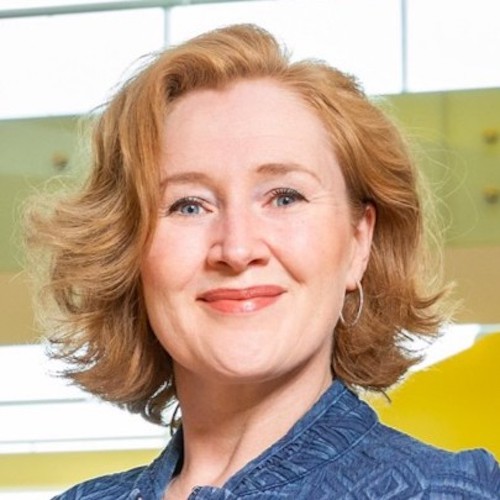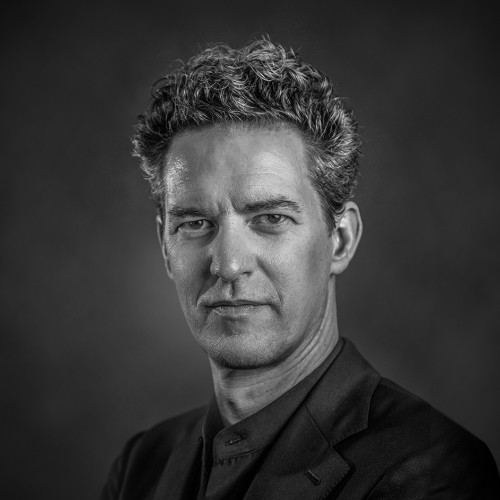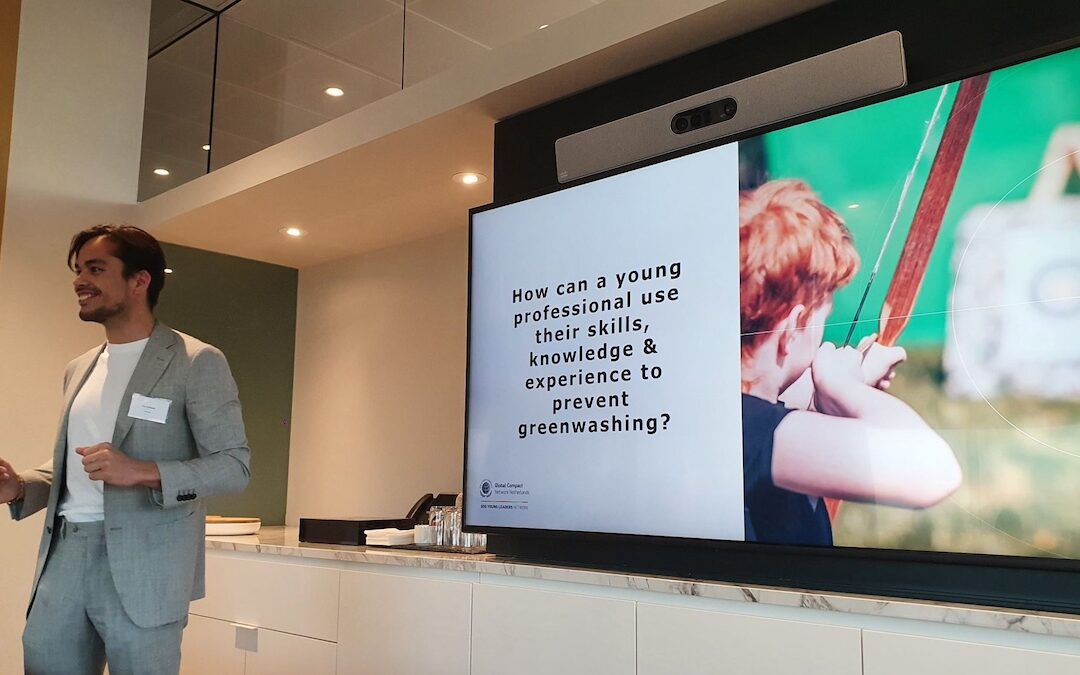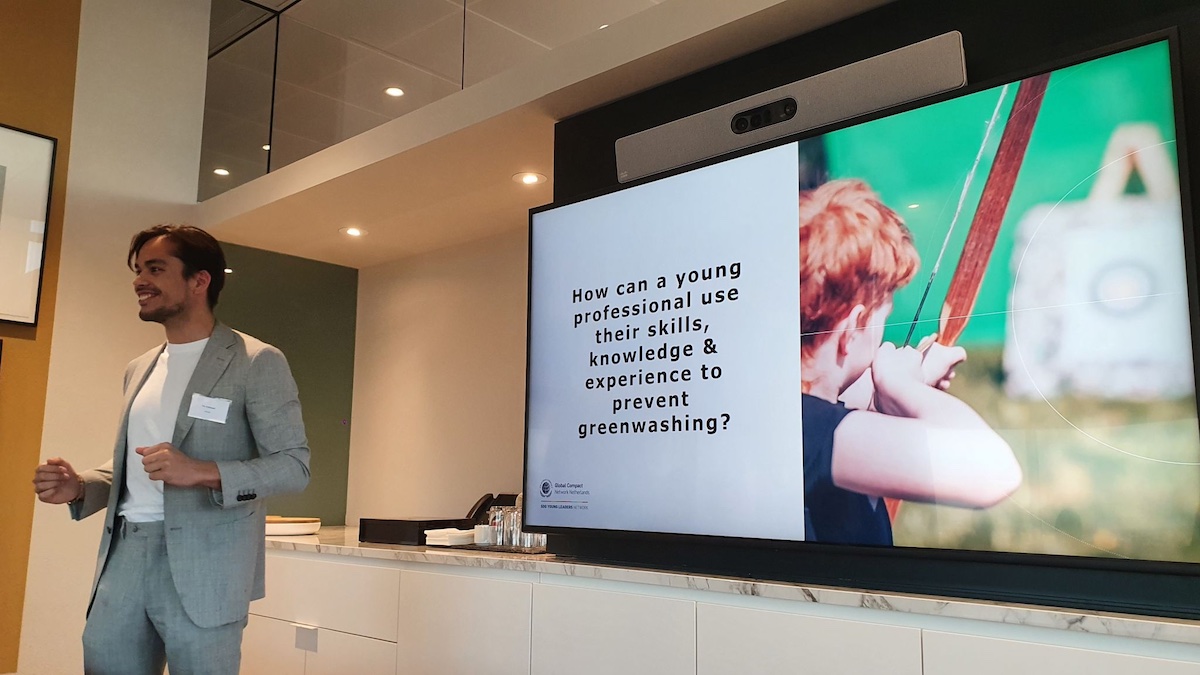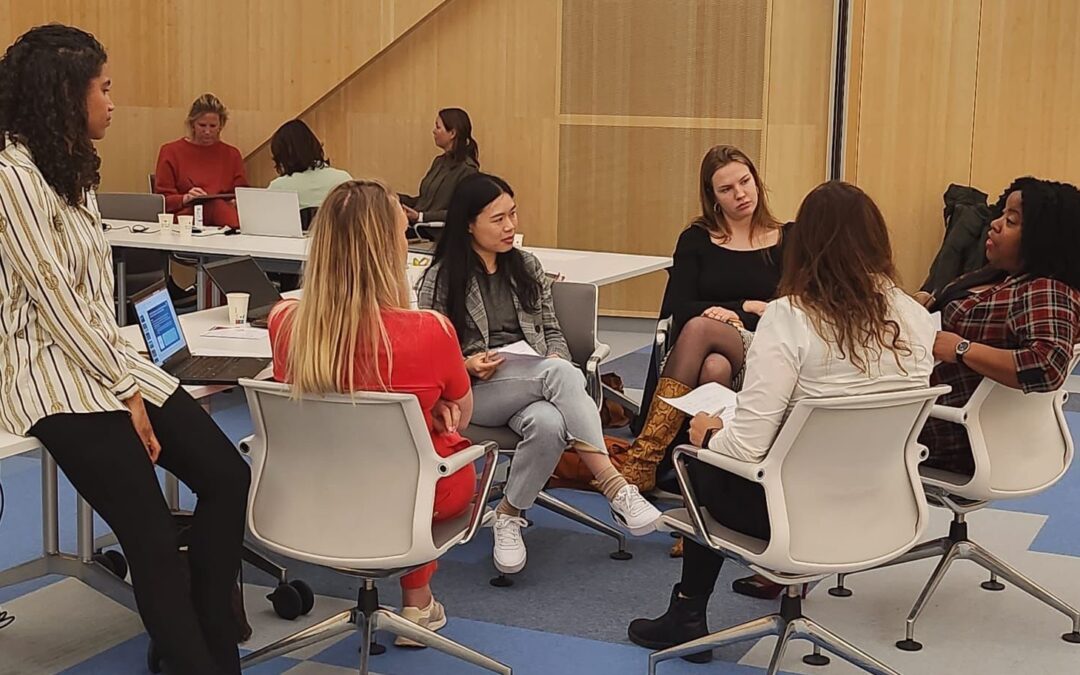
Equal pay for equal work
Equal pay for equal work
This year, UN Global Compact Network Netherlands is piloting two peer learning groups, one on Gender Equality and one on Climate Action. The goal is for the participating companies to learn more about these important topics, to dig into the challenges that they are facing, and to exchange best practices that can help overcome these challenges. This blog captures our companies’ peer learning journey.
Equal pay
Following the first session in February on the topic of inclusive work environments, hosted by our co-lead Deloitte, our second gender equality session was held on the topic of equal pay, organized by one of our co-leading companies – Oxycom – and hosted at the Amsterdam office of our other co-lead AkzoNobel.
For this session, we invited WOMEN Inc. to share their expertise. WOMEN Inc. is a non-profit that strives for an inclusive society with equal opportunities for all, regardless of gender or sex. They explained the key difference between a gender “pay gap” and “unequal pay”:
- The gender “pay gap” is the difference between the average hourly wage of all men and all women in the Netherlands.
- “Unequal pay” refers to the gap that remains after you control this gap for explaining variables, such as age, experience, and education level. In other words, the unexplainable difference in wages for equal work.
The gender pay gap in the Netherlands is 13%, which means that on average, women earn 13% less than men. According to the National Bureau of Statistics, after correcting for variables, unequal pay in the private sector stands at 6% and in the government at 3%.
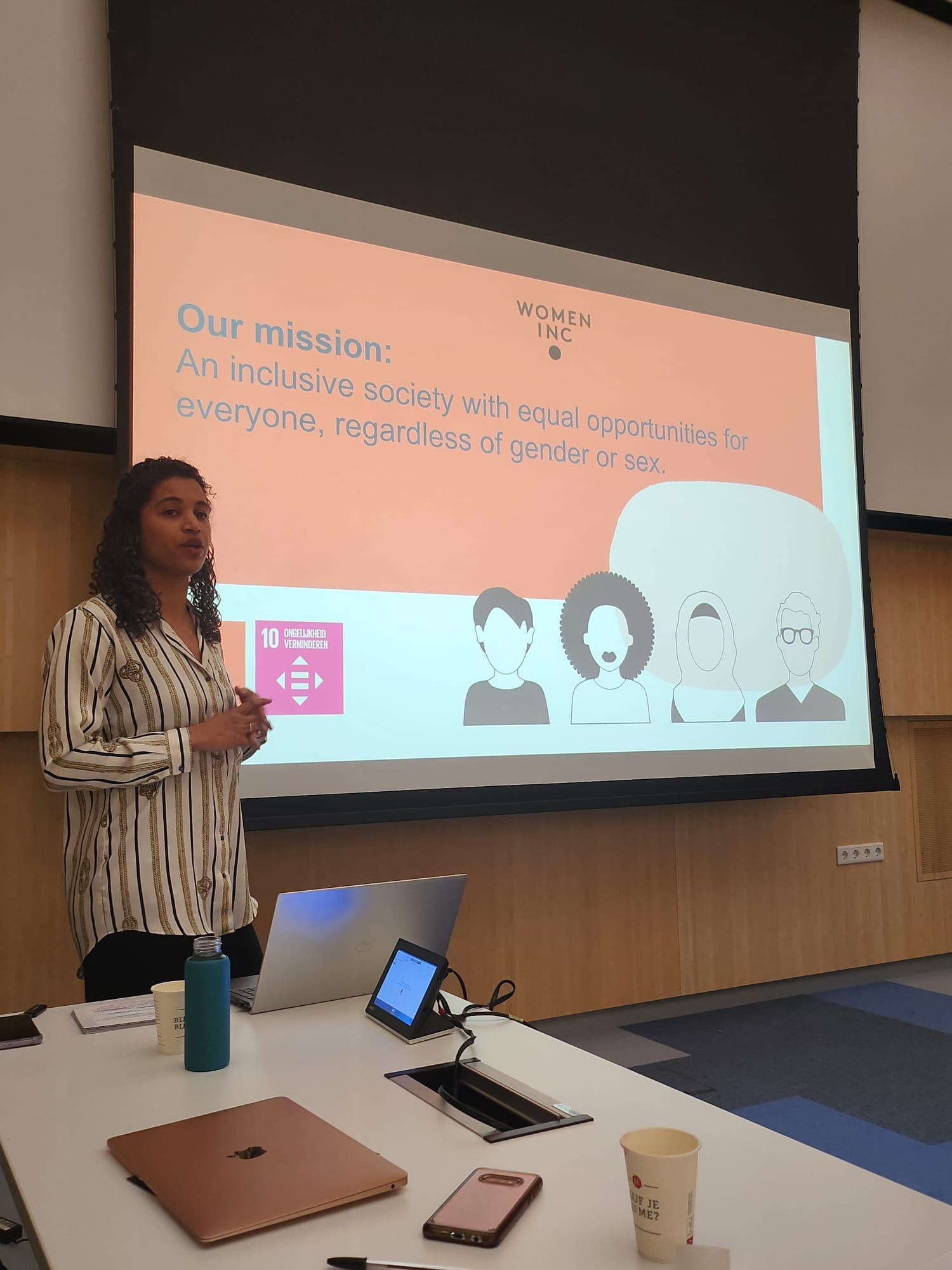
This suggests that women working in the private sector are at higher risk of being paid less for the same work as their male colleagues. Companies can therefore play a key role in addressing unequal pay in the Netherlands.
What is expected of companies?
In March, the European Parliament passed the Pay Transparency Directive. The main focus of this legislation is pay transparency for job seekers and the right to information for employees. From 2026 all employers in the EU must provide information on employees’ individual pay levels and the average pay levels disaggregated by sex, so employees can compare their pay level with the average pay levels. Initially, companies with at least 100 employees must report on the gender pay gap in their organization every three years, and companies with more 250+ employees must do so every year.
All in all, Dutch companies have three years to get acquainted with data collection on different job types and wages. This provides a great opportunity for companies to learn from each other.
Targets, ongoing hurdles, and solutions
In smaller break-out groups, participants reflected on their companies’ targets for equal pay, ongoing hurdles, and solutions. Some companies struggle to determine what exactly is considered ‘equal pay for equal work’, since there is not one clear definition. Additionally, there are different measurements for equal pay which can lead to different outcomes. Participants agreed that if all companies were transparent and used the same methodology, comparing jobs and wages (including bonuses) would become easier. WOMEN Inc. have published an Equal Pay Guide (in English and Dutch) to support companies with gender pay gap transparency and taking action.
At the end of our session, our group committed to taking at least one action to move closer towards equal pay within their companies. We will reflect on how this went during the next session on leadership the 14th of June 2023.


